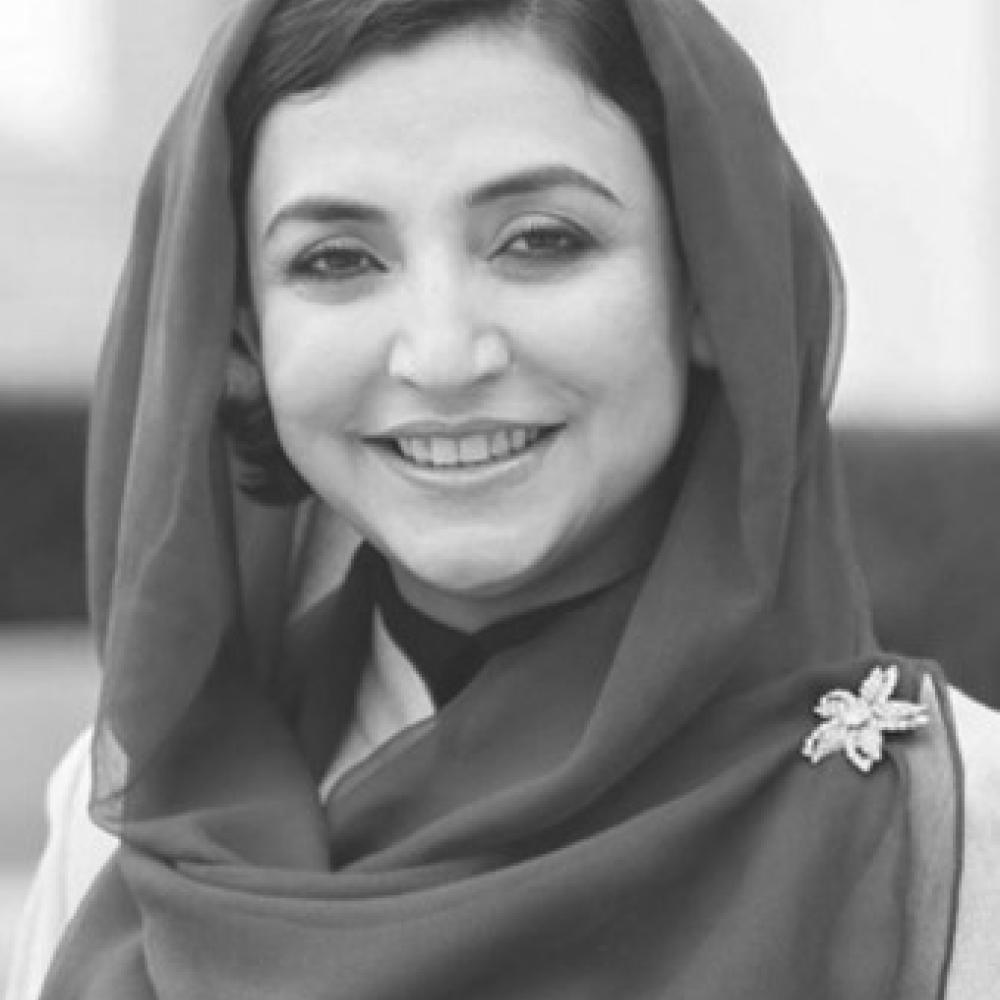

The Afghanistan Question: America's Policy Impasse

The tragic collapse of the Islamic Republic of Afghanistan in August 2021 marked the end of the era of democracy established over the previous 20 years by the US and its allies. With the Taliban’s return to power, they began imposing restrictions on women and girls depriving them of their basic rights. These restrictions include banning girls from attending schools beyond grade 5 and limiting their participation in the workforce, with a few exceptions. The country is now facing a dire humanitarian crisis, with young people fleeing and an increase in radicalization being some of the critical issues in Afghanistan.
The rise of attacks by ISIS on civilians, specifically targeting ethnic Hazaras and Shias, raised concerns about the claim that the Taliban’s claims of prevailing security across the country. The recent attack in the central Bamiyan province resulted in the deaths of six tourists including three Spanish citizens and three Afghans, and left seven others wounded.
The new wave of conflicts emerging globally has caused the international community to overlook the situation in Afghanistan. There is no clear strategy from the US and the West on how to deal with the Taliban. This lack of a proper strategy will lead to more Afghan women and girls being deprived of their basic rights, increased migration, and a rise in insecurity within Afghanistan that will have regional and global repercussions.
Dave Pitts, a senior national security executive, wrote a research article addressing the critical question of the way forward for the US in relation to Afghanistan.
In light of the analysis, in his article, the Afghanistan Policy Lab invites him to provide further explanation of his views on the US’ future role in Afghanistan.
The discussion will be moderated by Amb. Adela Raz, with Lutfullah Najafizada as the second guest speaker, a well-known Afghan journalist.
Panelists

Dave Pitts is a senior national security executive with over four decades of experience in challenging and critical missions, ranging from counterterrorism and special operations to regional and global affairs. Dave has a proven track record of leading and managing large and diverse teams, building lasting partnerships across the U.S. government and with foreign allies, and delivering results in high-stakes and high-pressure situations. Until his retirement in Oct 2023, Dave served as the Assistant Director of CIA for South and Central Asia. Dave was responsible for all CIA activities and engagement across South and Central Asia and for policy coordination in Washington related to this important, unpredictable region. Dave developed a strategic approach to critical global issues; managed a large, integrated organization; built global partnerships; and ensured the safety and welfare of officers in high-risk areas.

Lotfullah Najafizada is a Journalist & CEO, Amu TV an international media outlet for Afghanistan that he and his colleagues founded after the fall of Kabul in August 2021. At Amu, Najafizada and his colleagues are trying to revitalize the free press in Afghanistan by connecting Afghan journalists in exile with those who are inside the country and providing free and unbiased reporting for the Afghan people. Najafizada’s nearly two decades of journalism experience includes leading TOLOnews TV from 2009 to 2021, where he led the largest news operation in Afghanistan for over a decade and conducted many high-profile interviews with global leaders. Among many recognitions, One Young World awarded him the Journalist of Year Award for 2022, Paris-based Reporters without Borders awarded him with the medal of Press Freedom Hero in 2016, TIME Magazine profiled him as a Next Generation Global Leader in 2016, and Forbes magazine selected him among the 30 under 30 Asia influencers in media in 2017. Najafizada was the only Afghan journalist who attended two rounds of civil-society talks with the Taliban in Doha in 2019 and in Oslo in 2022. He was formerly a fellow with the Institute of Politics, University of Chicago from 2021 to 2022, the Asia Society in 2012, the Rumsfeld Foundation in 2016, and the World Press Institute in 2010. He has a BSc in economics. He’s married and has two children.

Dr. Arian Sharifi is a Lecturer and Co-chair of the Master in Public Policy (MPP) Program at Princeton University’s School of Public and International Affairs.
He came to Princeton with a decade and a half of high-level practical experience in Afghanistan and internationally, having served in multiple positions in the former Afghan government, notably as Director General of National Threat Assessment in the Office of National Security Council, as well as a Senior Adviser to the Minister of Foreign Affairs in Kabul. During his government service, Sharifi advised the President and senior members of the Islamic Republic of Afghanistan on national, regional, and global issues pertaining to Afghanistan’s national security, and was a major voice in the country’s foreign policy. He was the penholder for the drafting of over 20 national-level policies and strategies, including the National Threat Assessment, National Security Policy, National Counter-terrorism Strategy, National Countering Violent Extremism Strategy and others.
At the international level, Sharifi worked as an Analyst for the Combatting Terrorism Center at the US Military Academy at West Point, and as Operations Research Analyst for the International Center for Political Violence and Terrorism Research in Singapore. He writes extensively, and comments frequently in the media, on issues of security, terrorism and transnational organized crime in the Central and Southern Asia Regions. Sharifi is fluent in Dari, Pashto, and English, and understands Urdu.

Ambassador Adela Raz is the Director of the Afghanistan Policy Lab at the Princeton School of Public and International Affairs and a visiting fellow at the Hudson Institute.
Amb. Raz served as the last ambassador of the Islamic Republic of Afghanistan to the United States. Prior to that, she was the first female Ambassador and Permanent Representative of Afghanistan to the United Nations. At the U.N., Amb. Raz was the Vice President of the 75th session of the General Assembly and was appointed by the President of the General Assembly to serve as the co-coordinator on COVID-19-related initiatives.
Before her tenure at the U.N., Amb. Raz was the Deputy Foreign Minister of Afghanistan, managing regional and economic cooperation portfolios. In 2013, she served as the first female Deputy Spokesperson and Director of Communications for President Hamid Karzai. She began her career with the U.N. Assistance Mission in Afghanistan and held various positions in international development organizations in the U.S. and Afghanistan.
Amb. Raz holds a Master of Arts in Law and Diplomacy from the Fletcher School at Tufts University and a Bachelor of Arts with honors in International Relations, Political Science, and Economics from Simmons University in Boston.


